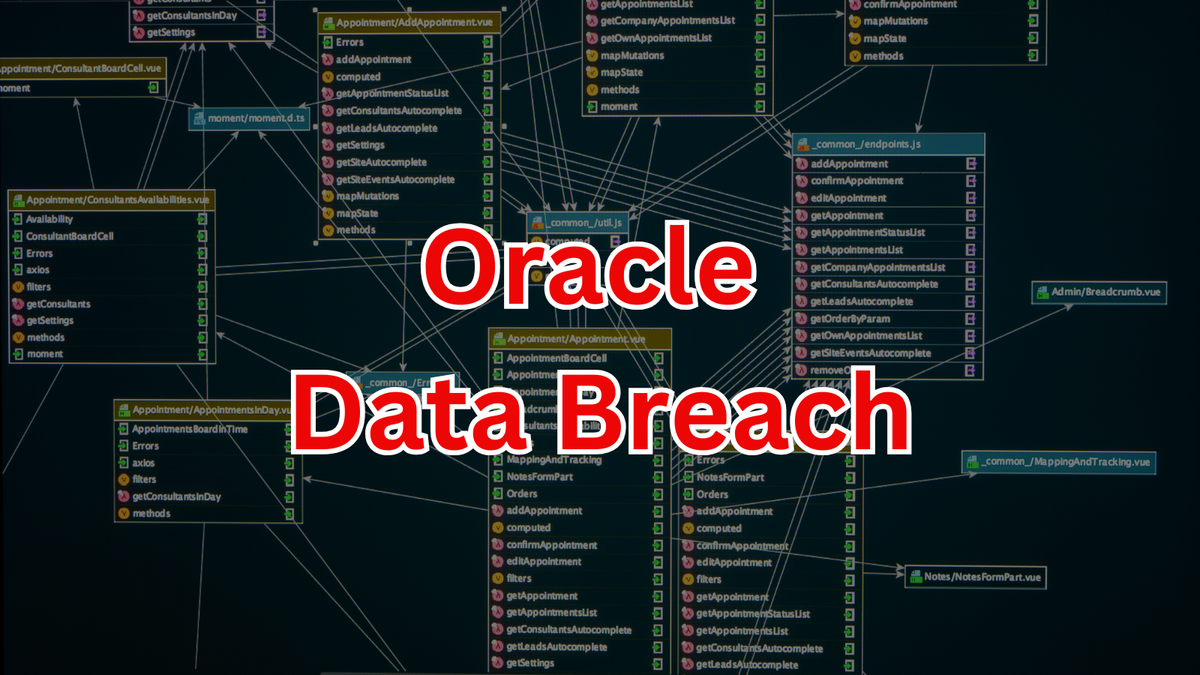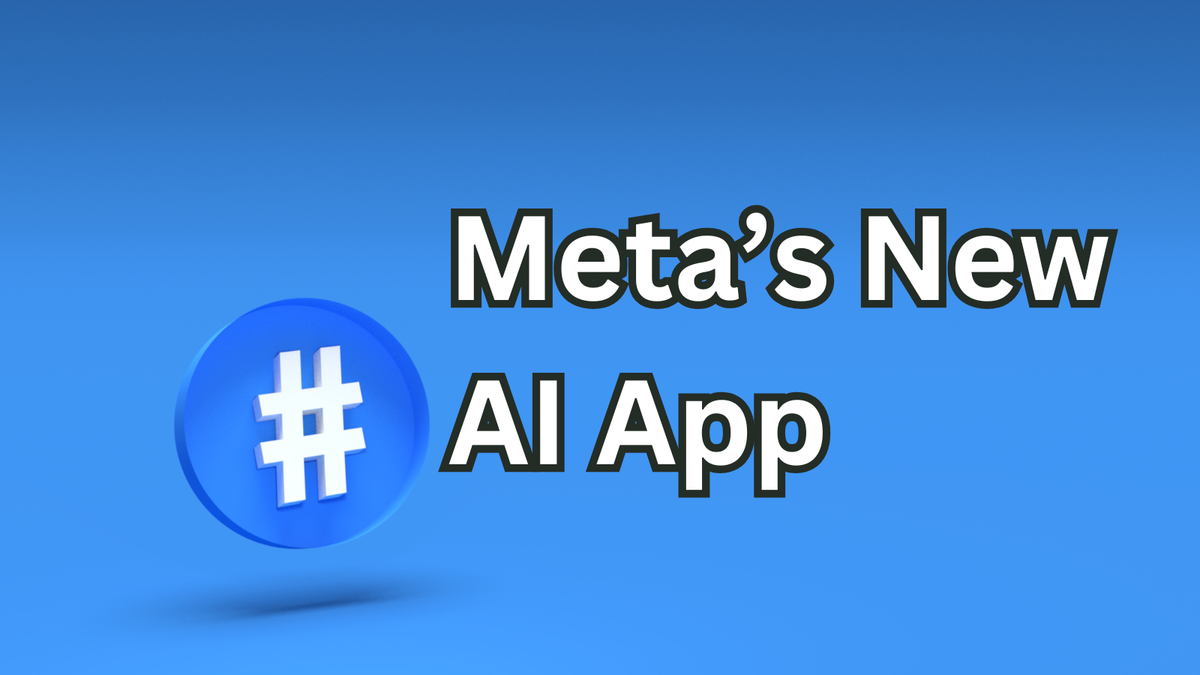Oracle Data Breach: Denial or Disaster?

Oracle’s Cloud SSO Breach Claims Spark Crisis
A hacker claims to have stolen data for 6 million users from Oracle Cloud servers—including encrypted passwords and authentication details for 140,000+ domains. But Oracle denies it outright, even as impacted companies confirm the data is real. Let’s dive in.
🌐 Anatomy of the Alleged Oracle Breach
This isn’t just another hack. Oracle’s federated SSO and LDAP systems are gateways for thousands of companies globally. If compromised, attackers could access everything. Here’s why this matters:
- 🚨 6 Million Records: The threat actor ‘rose87168’ is selling data claiming to include SSO credentials, LDAP passwords, and corporate domains.
- 🔍 Proof of Access: The hacker uploaded a file to Oracle’s own login.us2.oraclecloud.com server, visible via Archive.org—a smoking gun for the breach.
- 💣 CVE-2021-35587 Exploit: Cybersecurity firm CloudSEK linked the attack to a 2021 Oracle Access Manager vulnerability, which Oracle allegedly left unpatched.
- 📢 Silence from Oracle: Despite companies confirming stolen data matches real employee details, Oracle insists, “No breach occurred.”
As a tech commentator, I’m alarmed. Oracle isn’t just another vendor—it’s the backbone of enterprise cloud infrastructure. If their security is this porous, no one is safe.
🛡️ What Oracle (and Others) Must Do Now ✅
This incident screams for systemic change. Here’s how Oracle—and the industry—can rebuild trust:
- ✅ Invest in Legacy System Overhauls: Oracle’s Fusion Middleware 11g (used in the breached server) dates to 2010. Outdated tech is a hacker’s playground.
- ✅ Transparency Pledges: If a breach occurs, companies must notify customers immediately—not after months of denials.

🚧 Obstacles to Securing the Cloud ⚠️
Fixing this isn’t simple. Here’s what’s in the way:
- ⚠️ Legacy Code Reliance: Oracle’s software powers critical systems for banks, governments, and hospitals. Upgrading risks downtime—and backlash.
- ⚠️ Cloud Complexity: Federated SSO systems link thousands of clients. A single flaw can cascade into a global crisis.
- ⚠️ Corporate Complacency: Oracle’s refusal to acknowledge the breach mirrors Uber’s 2016 cover-up. Without accountability, breaches will recur.
As one anonymous company rep told BleepingComputer: “The stolen LDAP data matches our employees exactly. Oracle’s denial is baffling.”
💡 Final Thoughts: Trust at Stake 🚀
Oracle’s handling of this incident risks eroding faith in cloud providers. For a company that reported $50 billion in 2023 revenue, skimping on cybersecurity is inexcusable. The path forward is clear:
- 📉 Failure: If Oracle doubles down on denial, clients will flee to competitors like AWS or Azure.
- 🚀 Success: Owning the breach, compensating victims, and leading the charge for cloud security standards could salvage their reputation.
My take? This is a wake-up call for Big Tech. If even Oracle can’t secure its systems, smaller players are sitting ducks. What do you think—can the cloud ever be truly safe? Let us knwo on X(Former Twitter)
Sources: Sergiu Gatlan. Oracle customers confirm data stolen in alleged cloud breach is valid, June 24, 2024. https://www.bleepingcomputer.com/news/security/oracle-customers-confirm-data-stolen-in-alleged-cloud-breach-is-valid/










